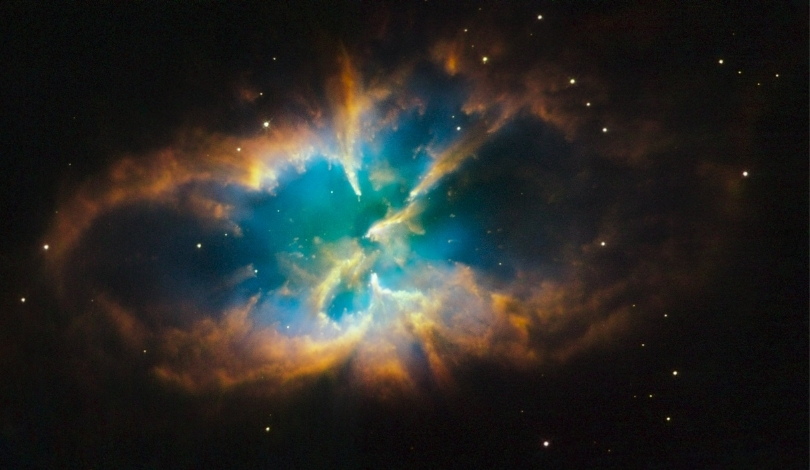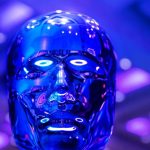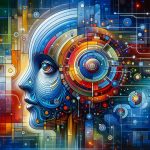The enigmatic nature of primordial black holes has long intrigued scientists. Recently, a team led by Roberto Caiozzo, Gianfranco Bertone, and Florian Kuhnel proposed that these hypothetical black holes, which might have formed from high-density regions during the universe’s infancy, could be responsible for some of the unexplained phenomena observed in our galaxy. They suggest that these ancient objects might be captured by neutron stars, leading to the stars’ eventual destruction.
Previous studies have also explored the idea that primordial black holes could be uniformly distributed throughout the cosmos, potentially accounting for dark matter. However, the team focused their efforts on the Galactic center, where the density of dark matter is believed to be highest. They hypothesize that the scarcity of neutron stars in this region could be due to their disruption by primordial black holes.
Primordial Black Holes and Dark Matter
Primordial black holes, if they exist, could explain certain cosmic phenomena such as microlensing events and fluctuations in the X-ray and cosmic infrared background. These objects might make up a significant portion of dark matter, which constitutes approximately 27% of the universe’s mass-energy content. Finding these black holes would not only shed light on dark matter but also enhance our understanding of black hole formation rates and characteristics.
Neutron Star Disruption
The team’s research specifically targeted the innermost parsec of the Milky Way, an area rich in dark matter and expected to harbor a significant number of pulsars. Surprisingly, few neutron stars have been located in this region. The researchers propose that primordial black holes might be captured by neutron stars and subsequently cause their collapse, leading to a lower observed population of neutron stars near the Galactic center.
Despite their findings, the team admits that the capture rate of primordial black holes by neutron stars might not fully account for the observed scarcity of neutron stars in the Galactic center. While their improved models suggest some disruption, it appears insufficient to explain the low numbers of these stars.
Earlier investigations into this topic, such as the work by Y. G. ?enolini, P. D. Serpico, and P. Tinyakov, have also assessed the feasibility of primordial black hole capture by neutron stars. However, Caiozzo and his colleagues believe their updated analysis provides a more accurate prediction, yet still falls short of explaining the missing pulsars.
Further studies are necessary to determine the exact role of primordial black holes in the cosmos. The team suggests focusing on millisecond pulsars, which are easier to detect and may offer more insights into the interaction between neutron stars and black holes. Understanding these interactions could be crucial in explaining the distribution of neutron stars in high-density dark matter regions.
Exploring primordial black holes’ potential to disrupt neutron stars raises intriguing questions about the structure and evolution of our galaxy. This research underscores the complexity of cosmic phenomena and the need for continual refinement of theoretical models. Future observations and studies will be essential in validating or refuting these hypotheses, ultimately advancing our comprehension of the universe’s fundamental components.









